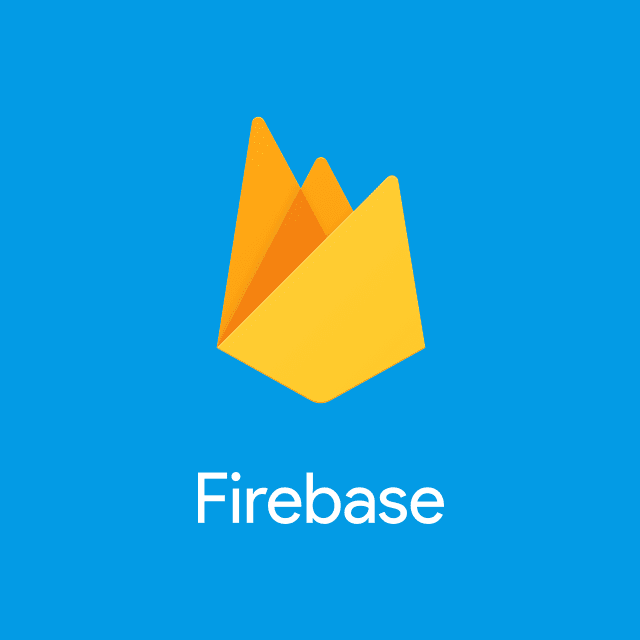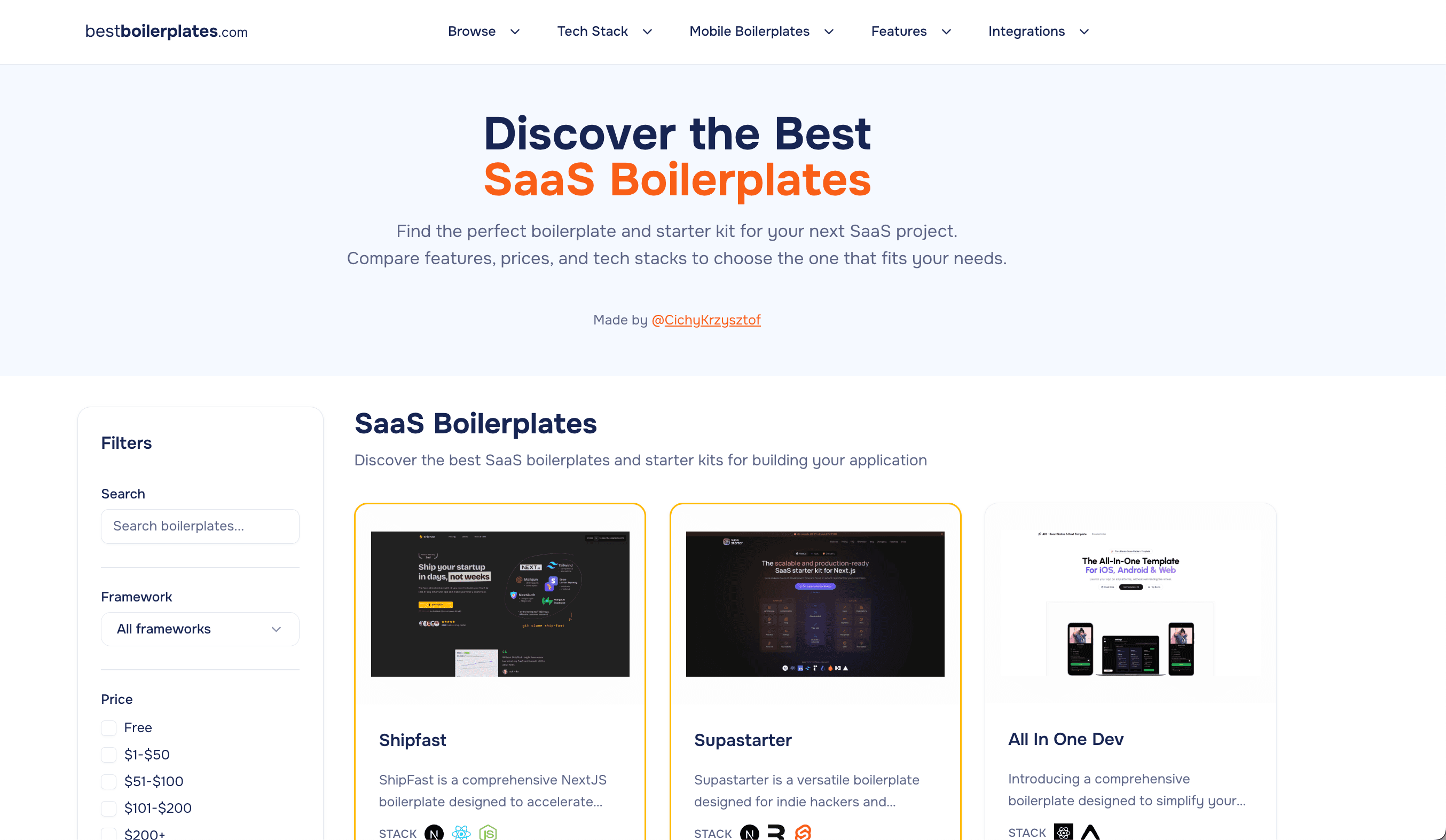Appwrite vs. Firebase
Appwrite
Appwrite is an open-source platform for building scalable applications. It comes with authentication, databases, storage, and functions. It's basically a complete development platform. They have an extremely generous free plan with 75,000 MAUs free of charge and their Pro plan is only $15/month. Appwrite offers email and password login, phone auth, magic links, email OTP, anonymous login, JWT login, SSR login, custom tokens, and two-factor authentication.
Firebase
Google's Firebase is an entire app development platform that's packed with features.It comes with storage, cloud functions, monitoring and, of course, user authentication. The free tier comes with 50,000 MAUs. Beyond that pricing start at $0.0055/MAU and goes down to as low as $0.0025/MAU as you scale to millions of users. Firebase authentication supports email and password auth, phone auth, magic links, two-factor authentication and social identity providers - mainly Google, Google Play Games, Facebook, Apple, Microsoft, Twitter, GitHub and OAuth access tokens.
Reviews
Reviews
| Item | Votes | Upvote |
|---|---|---|
| No pros yet, would you like to add one? | ||
| Item | Votes | Upvote |
|---|---|---|
| No cons yet, would you like to add one? | ||
| Item | Votes | Upvote |
|---|---|---|
| Easy to use | 1 | |
| Low price per monthly active user | 1 | |
| Generous free tier | 1 | |
| Easy SMS authentication | 1 |
| Item | Votes | Upvote |
|---|---|---|
| No cons yet, would you like to add one? | ||
Frequently Asked Questions
Firebase and Appwrite both offer robust user authentication solutions, but they have different strengths. Firebase, backed by Google, provides a broader range of features including cloud functions, storage, and monitoring. It also supports various authentication methods such as email and password, phone auth, magic links, two-factor authentication, and social identity providers like Google, Facebook, Apple, Microsoft, Twitter, GitHub, and OAuth. Firebase's pricing starts at $0.0055 per monthly active user (MAU) beyond the 50,000 free MAUs. On the other hand, Appwrite is an open-source platform with an extremely generous free plan of 75,000 MAUs and a straightforward Pro plan at $15/month. Appwrite offers a wide array of authentication methods including email and password login, phone auth, magic links, email OTP, anonymous login, JWT login, SSR login, custom tokens, and two-factor authentication. Firebase might be more suitable for developers looking for a comprehensive development platform with extensive third-party integrations, while Appwrite could be a better choice for those who prefer open-source solutions and a more generous free tier.
Appwrite offers a more generous free tier with 75,000 monthly active users (MAUs) free of charge, compared to Firebase's 50,000 MAUs in its free tier. This makes Appwrite a more cost-effective choice for developers who are just starting out or who have a larger user base that they want to authenticate without incurring costs.
Appwrite offers a more straightforward and potentially lower-cost scaling option with its Pro plan at $15/month, regardless of the number of monthly active users (MAUs). Firebase, on the other hand, charges $0.0055 per MAU beyond the 50,000 free MAUs, with the price decreasing to as low as $0.0025 per MAU as you scale to millions of users. Therefore, for a fixed monthly fee, Appwrite might be more economical for larger user bases, whereas Firebase's costs decrease with higher user volumes but still incur per-user charges.
Firebase and Appwrite both support a wide range of authentication methods, but Firebase includes more social identity providers. Firebase supports email and password auth, phone auth, magic links, two-factor authentication, and social identity providers like Google, Google Play Games, Facebook, Apple, Microsoft, Twitter, GitHub, and OAuth access tokens. Appwrite supports email and password login, phone auth, magic links, email OTP, anonymous login, JWT login, SSR login, custom tokens, and two-factor authentication. If integration with social identity providers is crucial, Firebase might be the better choice. For a more diverse range of authentication methods without a heavy reliance on social identity providers, Appwrite is a strong contender.
Appwrite is an open-source platform designed for building scalable applications. It includes features such as authentication, databases, storage, and functions, making it a comprehensive development platform.
Appwrite supports a variety of authentication methods including email and password login, phone authentication, magic links, email OTP, anonymous login, JWT login, SSR login, custom tokens, and two-factor authentication.
Appwrite offers an extremely generous free plan that includes 75,000 monthly active users (MAUs) at no charge. Their Pro plan is available for $15 per month.
Appwrite's main features include authentication, databases, storage, and functions. These components work together to provide a complete development platform for building scalable applications.
Yes, Appwrite is an open-source platform. This allows developers to customize and extend its functionalities according to their needs.
Firebase is Google's app development platform that offers a comprehensive suite of features, including storage, cloud functions, monitoring, and user authentication. It supports multiple authentication methods such as email and password, phone authentication, magic links, two-factor authentication, and social identity providers like Google, Facebook, Apple, Microsoft, Twitter, GitHub, and OAuth access tokens.
Pros of Firebase include its ease of use, low price per monthly active user, a generous free tier, and easy SMS authentication. Currently, there are no user-generated cons for Firebase.
The free tier for Firebase includes 50,000 monthly active users (MAUs). Beyond that, pricing starts at $0.0055 per MAU and can go as low as $0.0025 per MAU as you scale to millions of users.
Firebase supports multiple authentication methods, including email and password, phone authentication, magic links, two-factor authentication, and social identity providers such as Google, Google Play Games, Facebook, Apple, Microsoft, Twitter, GitHub, and OAuth access tokens.




















